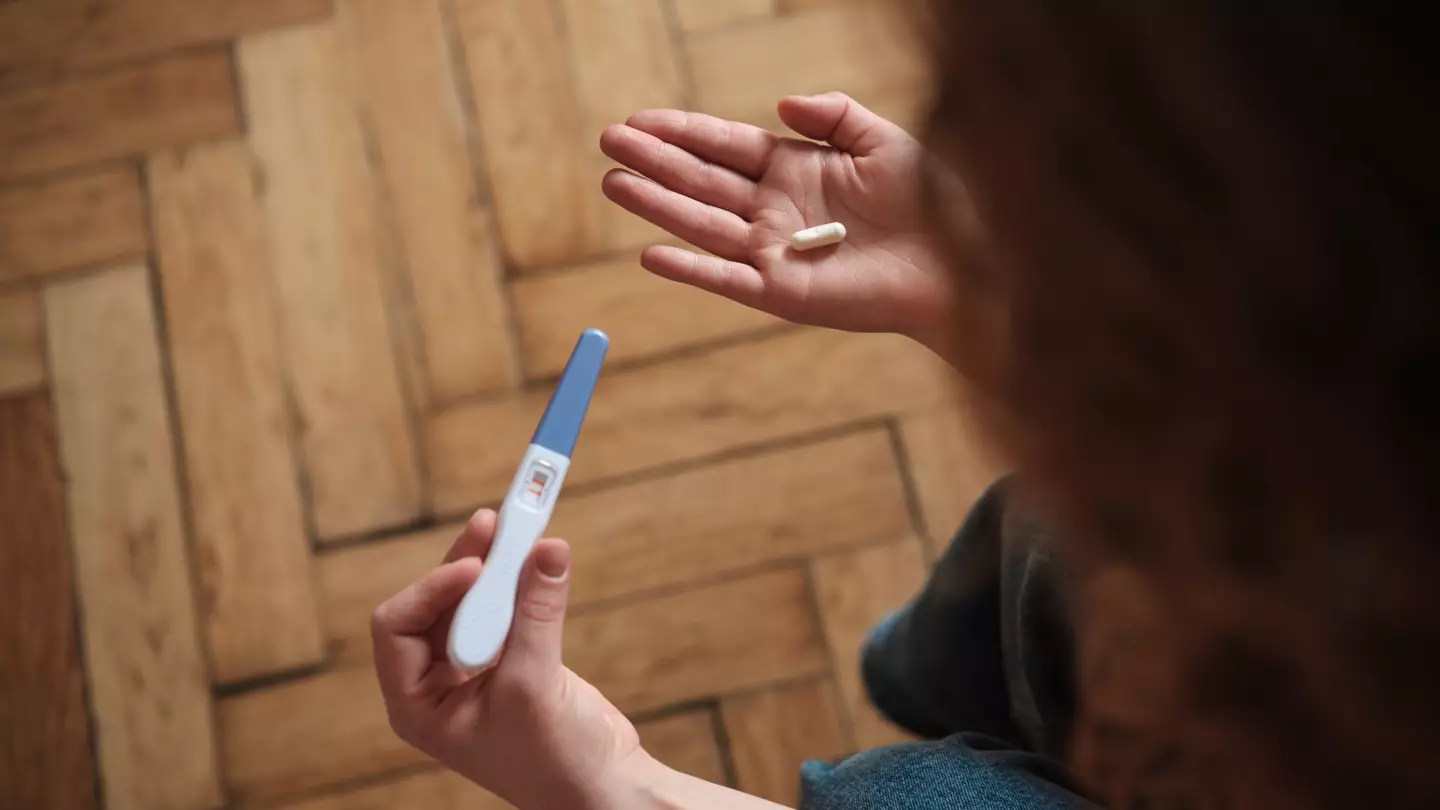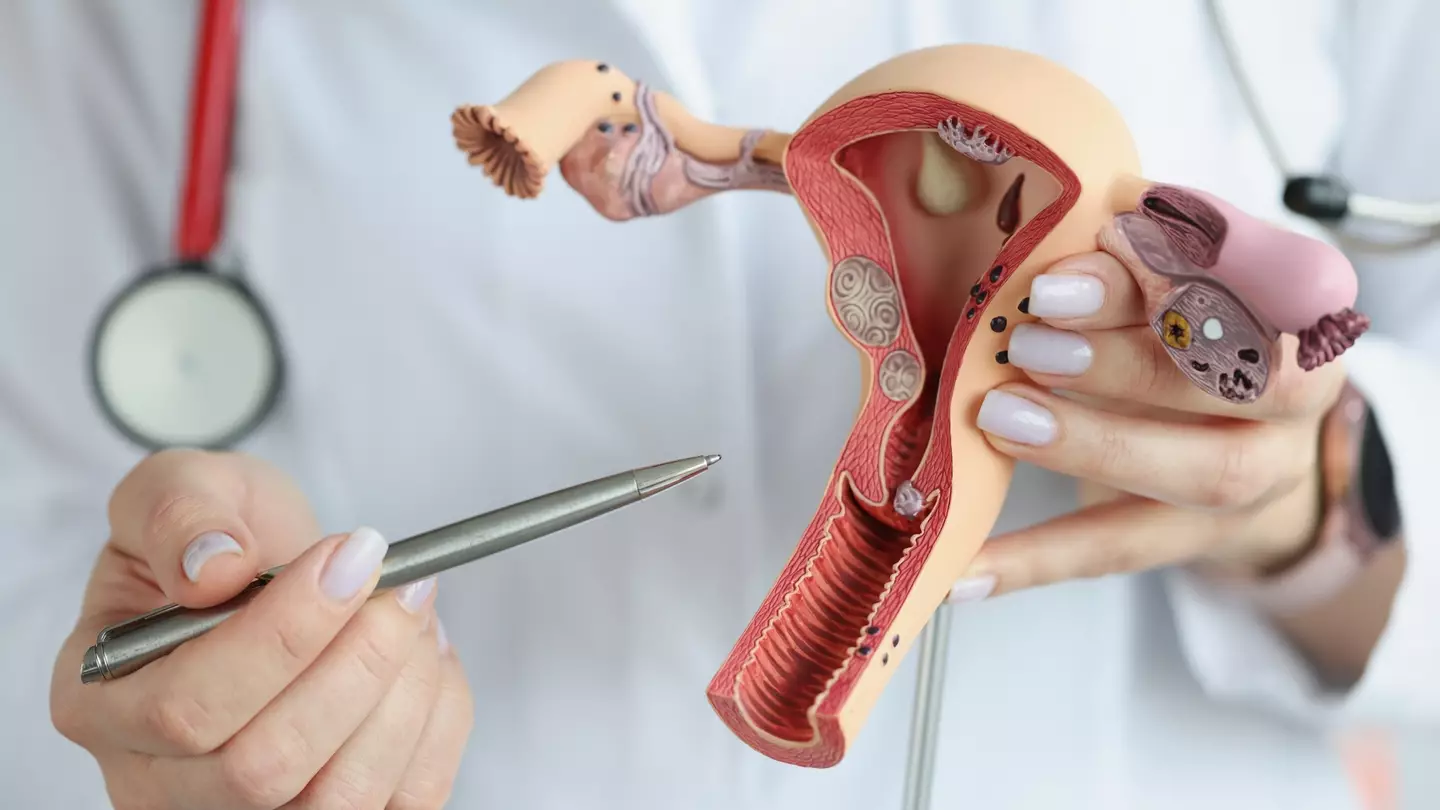
Sex and Relationships
Sex and relationships - the latest celebrity gossip and relationship advice, from dating disasters to the secret to a happy marriage.
Yesterday

The actress seemed to clash with her wedding planners over a celebrity guest's misfiled RSPV
23 Jan 2026

A single card sparks an unexpectedly fierce online reaction

DJ Fat Tony appeared on This Morning today (23 January) to share his version of events of what went down during the Beckham-Peltz wedding

Katy and the former Canadian PM stepped out at the World Economic Forum earlier this week (20 January) together

The American actress and comedian told the wild story of her brief real-life jail stint during a podcast appearance last year
22 Jan 2026

The Simple Life star opened up about how the 2003 sex tape leak still 'haunts' her to this day in a new podcast interview

'Pre-workout' is primarily made up of ingredients like caffeine and creatine, as well as amino acids, nitric oxide agents and beta-alanine
21 Jan 2026

The good news is that there are solutions to reverse the practice

The pair were first spotted together in July 2025

Brooklyn claimed his mum Victoria 'hijacked' his first dance with wife Nicola Peltz and danced 'inappropriately'
20 Jan 2026

Brooklyn Beckham and Nicola Peltz tied the knot back in 2022
19 Jan 2026

Sir Benjamin Slade hopes for a son to run Maunsel House in Bridgwater, his grand 1,300-acre estate
16 Jan 2026

The pair starred together on last year's Naked Gun reboot

New figures have been published by the Department of Health

Pam and Tommy were married for three years between 1995 and 1998 and welcomed two sons together
15 Jan 2026

Sir Benjamin Slade, a retired socialite and the 7th Baronet, is on the hunt for a both a beau and a baby

Having a large penis isn't the advantage many think it is

The Wicked actress opened up about how the late rapper supported her in a podcast interview on Tuesday (13 January)

The couple were seen out and about earlier this week
14 Jan 2026

A relationship expert has broken down the term 'low-vibrational' and issued a worrying warning

Yes, that sound was the universal loud sigh of 'disappointed, but not surprised'

'Heated Rivalry' centres on men's professional hockey players Shane Hollander and Ilya Rozanov

The first three episodes dropped yesterday (13 January), and fans have already binge-watched them

The 'Without A Paddle' actor has been married to fellow movie star Kristen Bell since 2010

